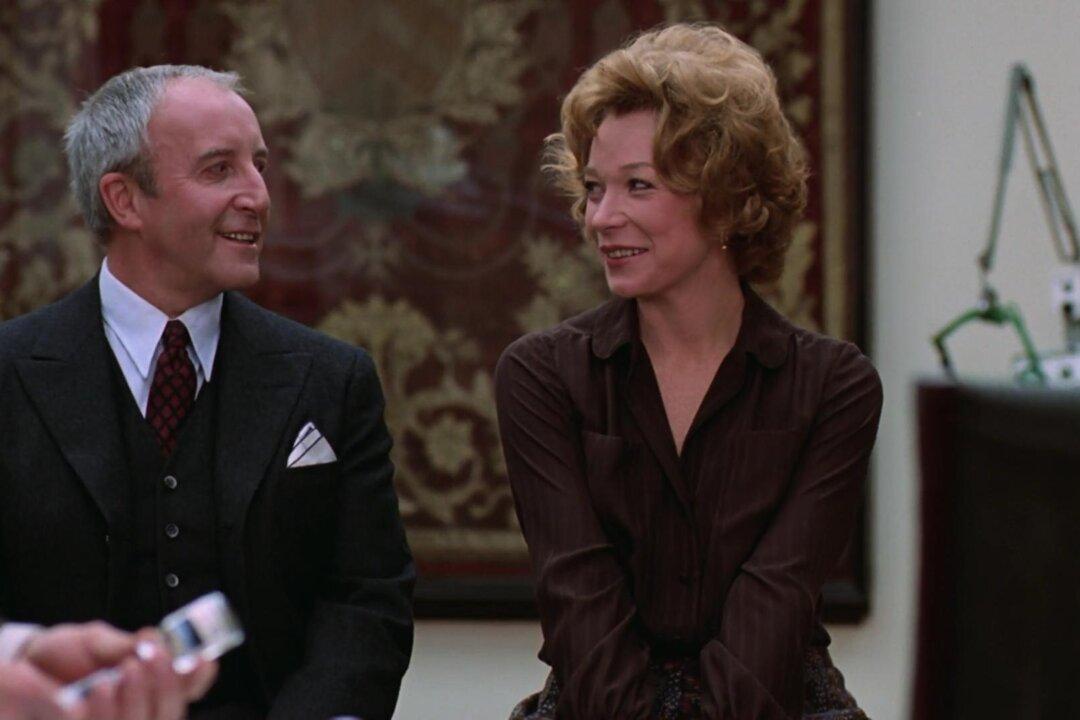A relatively simple storytelling tool that’s surprisingly difficult to execute correctly, the “Mistaken Identity” twist has resulted in some of the most entertaining and intriguing movies ever produced. It’s workable in virtually every genre, but it’s mostly employed in thrillers. It’s also found success in traditional dramas, comedies, noir, sci-fi, Westerns, and character studies.
“The Wrong Man” and “The Man Who Knew Too Much“ are Alfred Hitchcock movies from 1956. The only Hitchcock film based on a true story, “The Wrong Man” stars Henry Fonda as Manny, a struggling musician wrongly accused of robbing two New York City businesses thanks to questionable eyewitness accounts. Manny’s situation goes from bad to worse after he performs poorly during police-orchestrated re-creations of the crimes.






